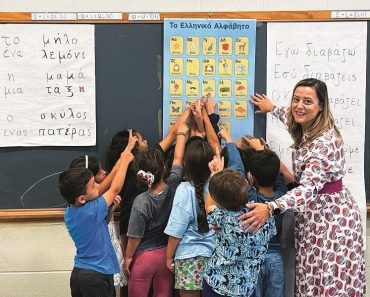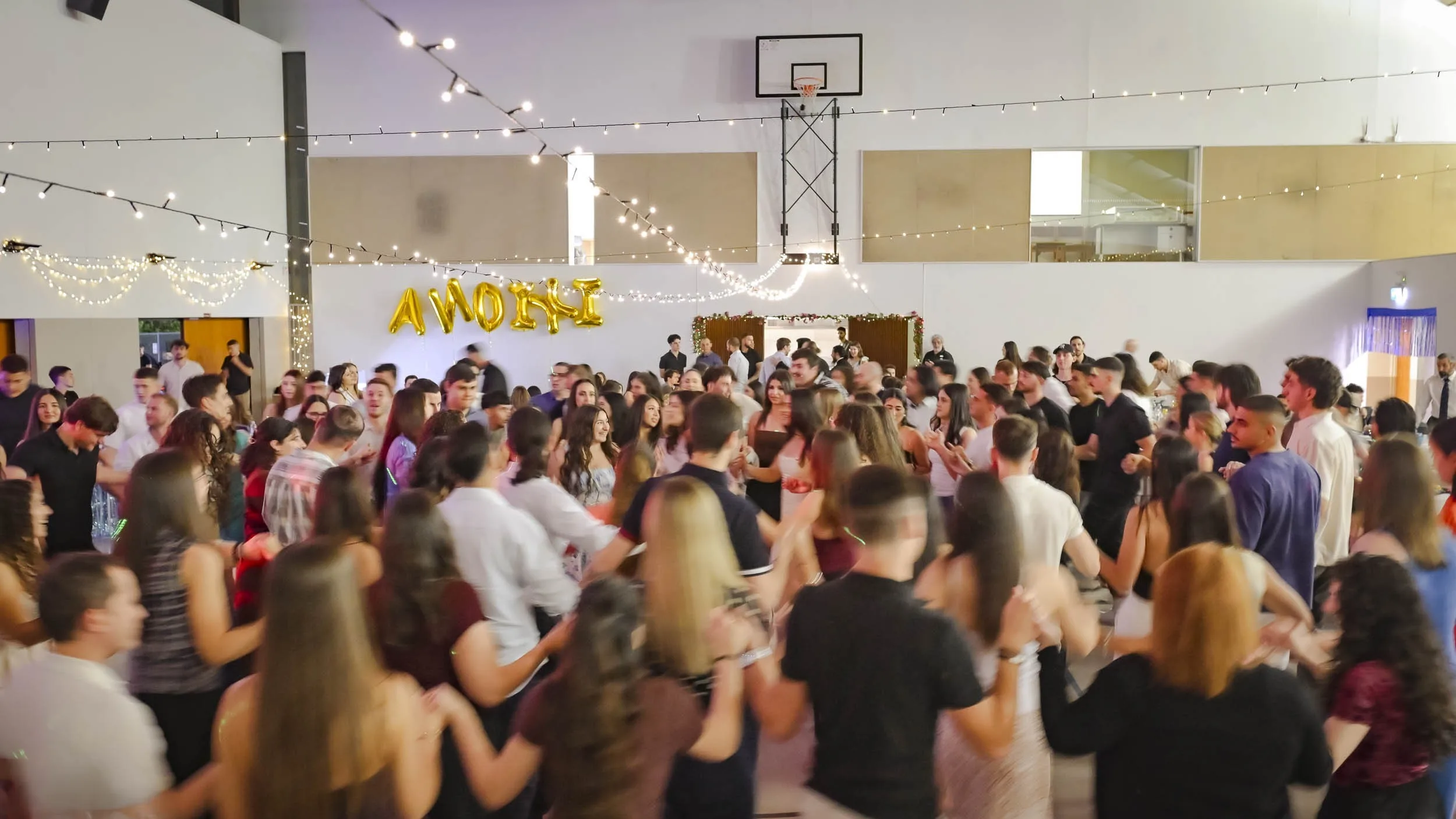Savvopoulos, who died on Tuesday night at the age of 81, was more than a songwriter, a singer and a composer. He aspired and managed with incredible success to mend the broken pieces of the Greek psyche. “Different kinds of music are different pieces of our soul,” he once said in an interview. “Someone must connect them—otherwise, we are in danger. That is what a composer does: they unite the fragments of our soul and make them one. That brings us relief.”
And he did exactly that. His songs blended satire and tenderness, history and everyday life, folk rhythms and electric guitars. They became touchstones for Greeks navigating the distance between the ancient and the modern, the sacred and the absurd.
For many Greeks, Savvopoulos’s work was not merely music but a language of belonging. For those outside Greece, though, the full texture of his lyrics—the wordplay, irony, and theatrical delivery—was often lost in translation. A 2024 bilingual edition offered a bridge. The Rock Song of Our Tomorrow: Dionysis Savvopoulos English Edition (Aiora Editions), published in Greece, the U.K., and the U.S., brought together 34 of his songs translated into English by the Irish-born scholar and longtime Greece resident David Connolly.
Connolly, a distinguished translator and former professor of Translation Studies at Aristotle University of Thessaloniki, approached the project as an act of literary translation rather than adaptation. His aim was not to make the songs singable in English but to carry their spirit—their rhythm of thought, their emotional current.
“Life moves on without concern
for your private sorrow,
and there comes a time when you must decide
who you will go with, and who you will leave behind.”
Those lines, from Our Old Friends (Oi palioi mas fíloi), appeared on Savvopoulos’s 1966 debut album To Fortigo (The Truck), a work that changed Greek music forever. Its mix of folk, rock, and social commentary broke with the sentimental conventions of the era, giving voice to a restless youth searching for identity amid dictatorship and disillusionment.
Savvopoulos himself welcomed the English edition warmly. “It was a great honor and joy for me that such a distinguished Hellenist chose to translate my songs,” he said in 2024. “Imagine seeing the book in the bookstores of London—magnificent!”
Four of the songs were also recorded in English by Alkinoos Ioannidis, Elli Paspala, and emerging artist Elina Baga, allowing foreign listeners to hear how Greek rhythm and phrasing can be reimagined across languages.
The volume also included essays by Oxford professor Dimitris Papanikolaou and essayist Dimitris Karabelas, who both described Savvopoulos as a figure who bridged eras and sensibilities. Papanikolaou called him “nostalgic yet always contemporary,” while Karabelas wrote that in Savvopoulos’s work “sound, meaning, and performance form an indivisible whole.”
For decades, Greeks tried to explain him to foreign friends—playing his records late at night in student apartments or holiday homes, translating lines awkwardly and then shrugging, saying, “You have to hear it in Greek.” Now, through The Rock Song of Our Tomorrow, those same friends can finally begin to understand what the songs meant: how they held a nation’s contradictions in a few melodic phrases.
Savvopoulos’s music was never about perfection—it was about recognition. He showed that the fragments of a life, or of a country, could be made whole through art. His songs, still sung in bars, classrooms, and family kitchens, continue that work long after his final performance.







